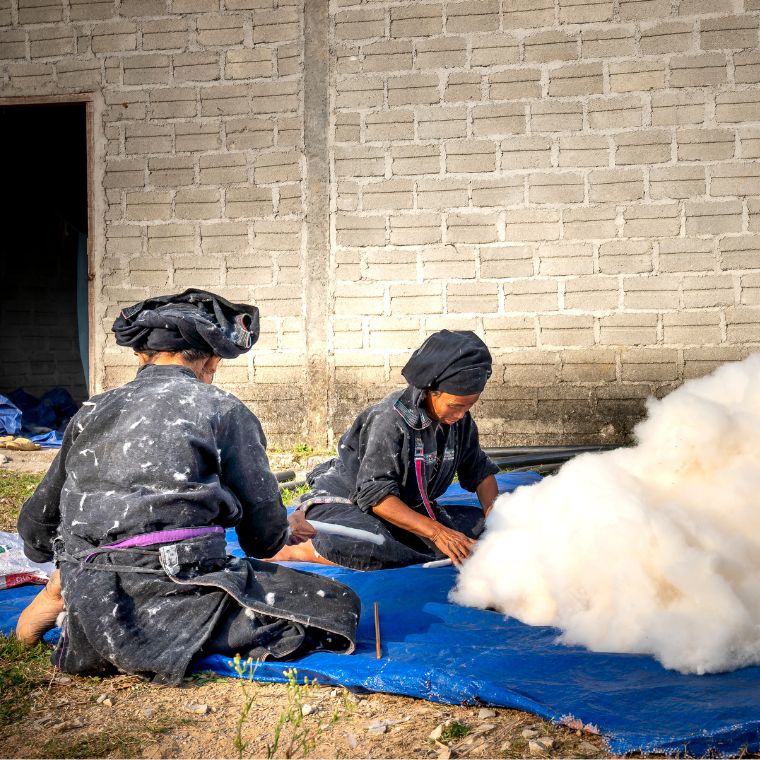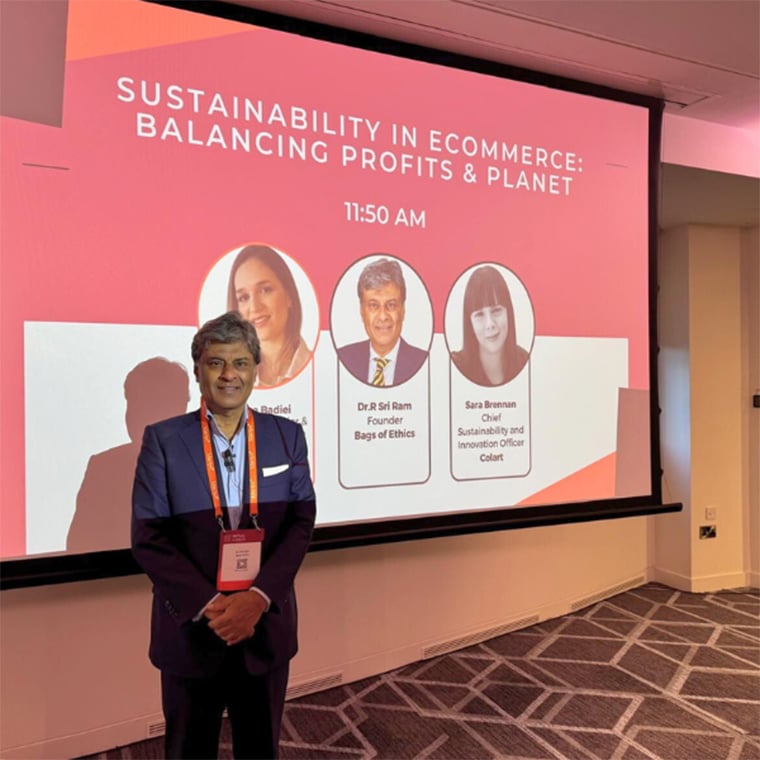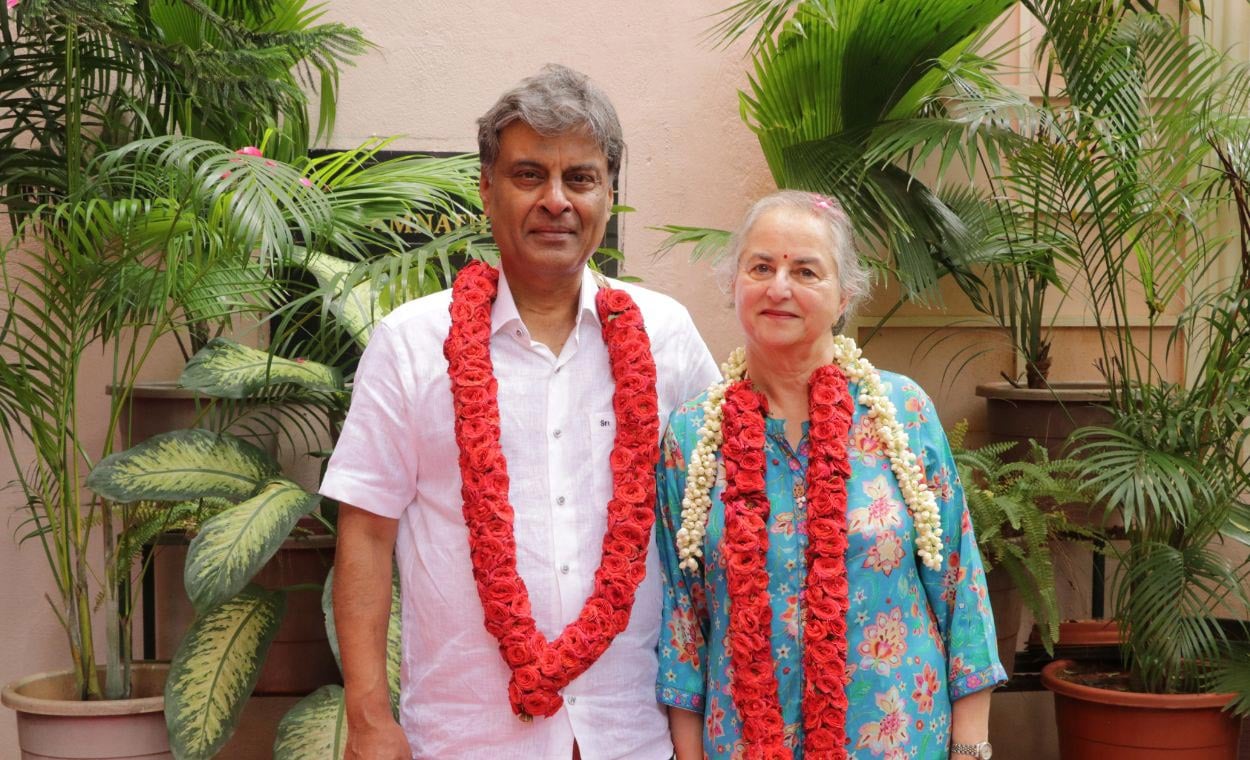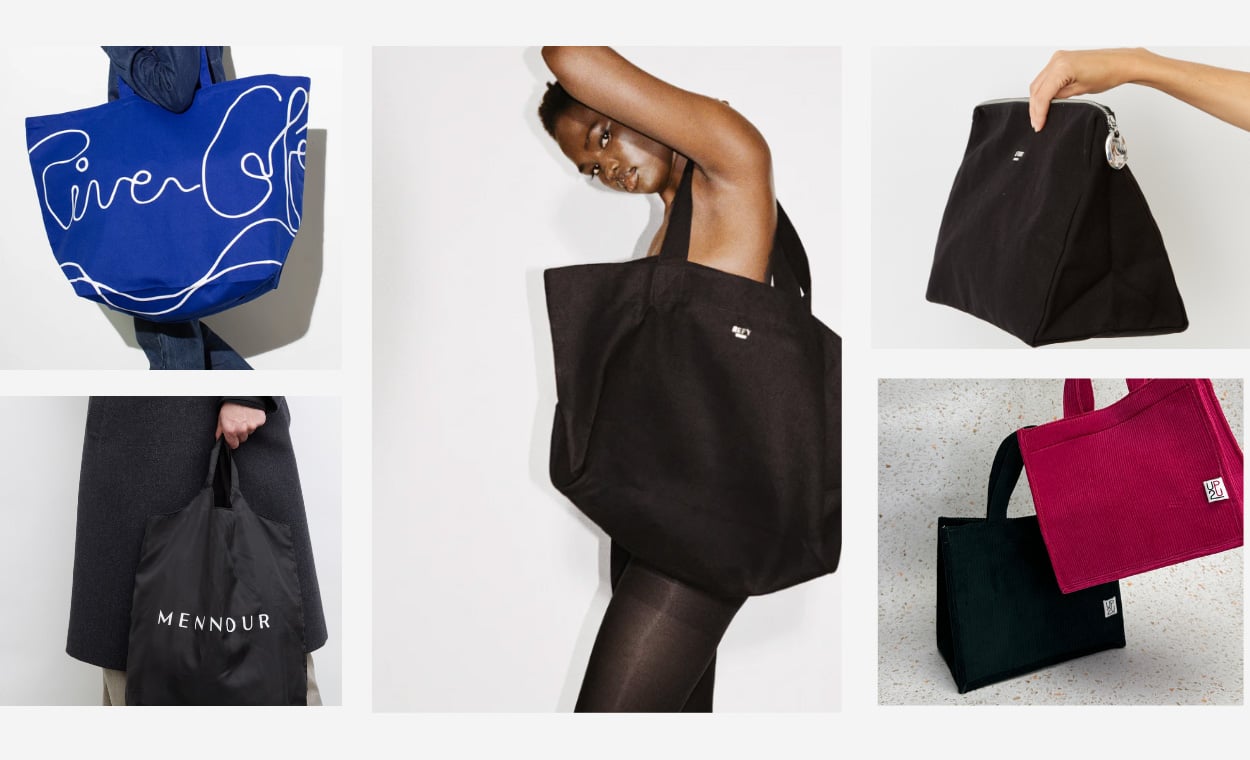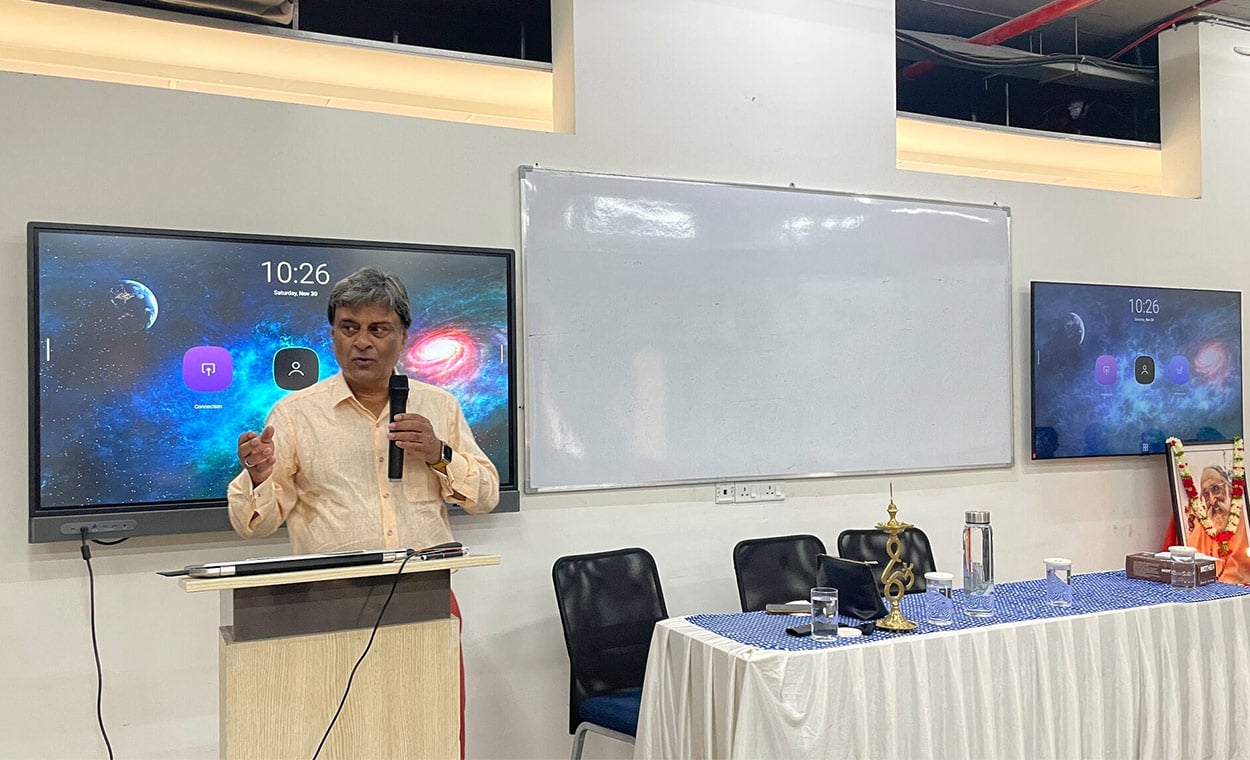The Chinese Cotton Scandal
The BBC reports today, making frontline news, that China is forcing hundreds of thousands of Uighurs and other minorities into hard, manual labour in the vast cotton fields in the western region of Xinjiang, new research seen by the BBC shows.
Newly discovered online documents reveal the extent of the forced labour that goes into picking a crop that accounts for a whopping fifth of the worlds cotton supply, used in the fashion industry across the globe. We have already seen reports on the large numbers of detention camps, in which it is thought a million have been detained, claims which China has brushed off, claiming that they are “vocational training schools” as part of a “poverty alleviation scheme”, but now we see reports of minority groups being forced into cotton picking under inhumane conditions.
Dr Adrian Zenz, who uncovered the documents, has said “Anyone who cares about ethical sourcing has to look at Xinjiang, which is 85% of China’s cotton and 20% of the world’s cotton, and say, ‘We can’t do this anymore.’”
BBC reports that “The documents, a mixture of online government policy papers and state news reports, show that in 2018 the prefectures of Aksu and Hotan sent 210,000 workers “via labour transfer” to pick cotton for a Chinese paramilitary organisation, the Xinjiang Production and Construction Corps.”
One propaganda report found by Dr Zenz suggests that the cotton fields are marketed as an opportunity to transform the “deep-rooted, lazy thinking” of rural village people by showing them that “labour is glorious”.
With a fifth of the world’s cotton supply coming from China, this calls into question the ethics behind many fashion companies who use Chinese cotton.
At Supreme Creations we only use ethically and sustainably sourced cotton grown in India for all of our products. We are very transparent across our entire supply chain, and know the origin of everything that goes into our products. We against unethical practices in the fashion industry, and make sure that all of our products are both people and planet positive.
Cotton traditionally needs a lot of water to grow, although organic cotton does need less, however where our cotton is grown in South India, the water from heavy rain is used which not only depletes natural water resources, but also helps avoid flooding in the area. So our cotton is beneficial to everyone, our suppliers, their communities, and you as our customer.
You can read more about the complexities of cotton here.







